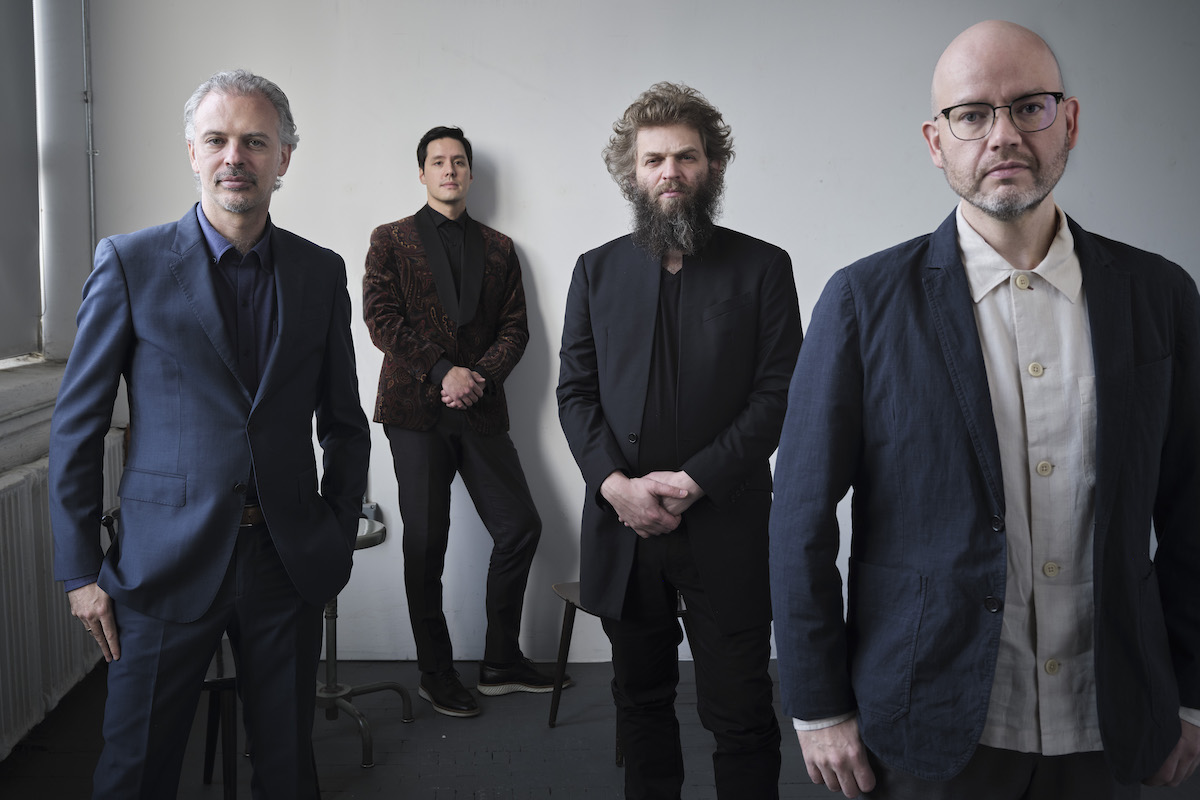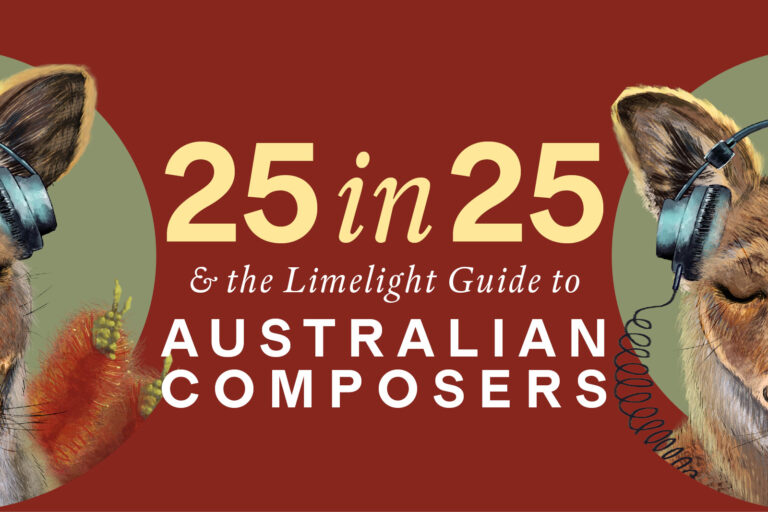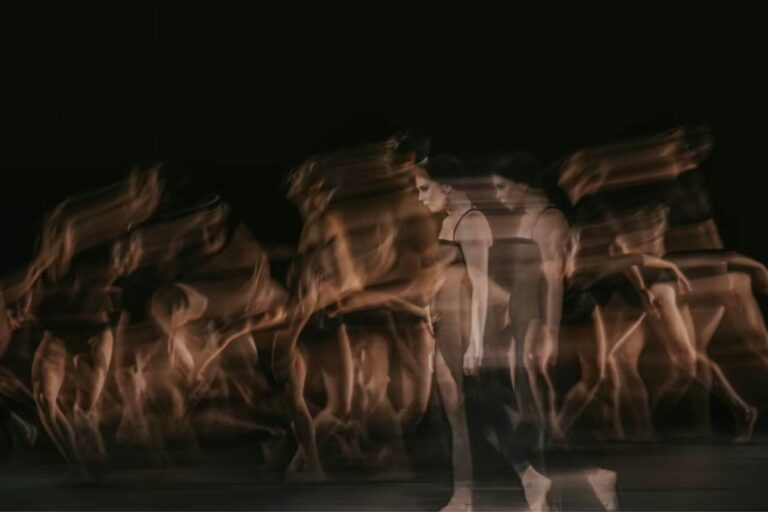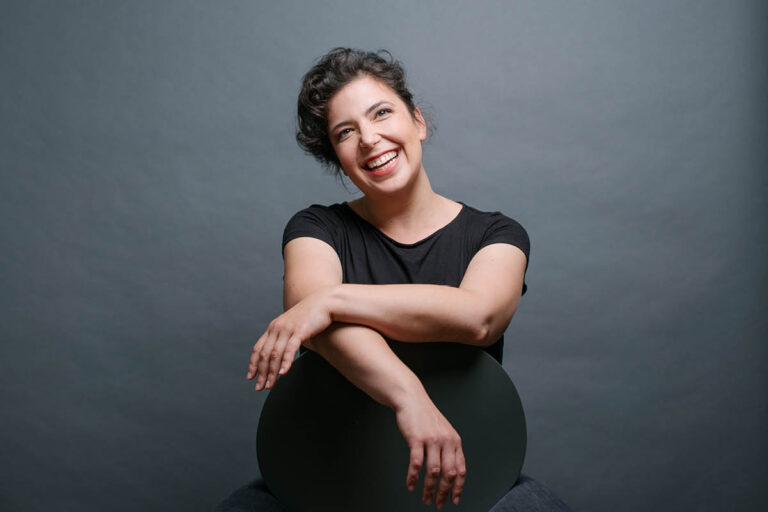Internationally lauded American string quartet Brooklyn Rider, comprising Johnny Gandelsman and Colin Jacobsen (violins), Nicholas Cords (viola) and Michael Nicolas (cello), is renowned for its visionary programming and its commissioning of exciting new works.
UKARIA has invited Brooklyn Rider to curate its annual Chamberfest series, and the five concerts demonstrate the extraordinary diversity, flexibility and musical appeal of the string quartet form. The programming ranges from the pioneering works of Haydn to vocal and dance works and to folk influenced works of the Danish String Quartet.

Brooklyn Rider. Photo © Marco Giannavola
The first concert, entitled Citizenship Notes, sets the stage for Brooklyn Rider’s conception of the string quartet — they state, “In Citizenship Notes, the string quartet is posited as a microcosmic democracy, a highly engaged ecosystem with equal voices with clear rights and responsibilities.”
First is Joseph Haydn’s String Quartet in F minor, Op. 20 No. 5, written for aristocratic audiences during a period of significant early development and popularisation of the string quartet.
Brooklyn Rider says, “The flattened hierarchy of Haydn’s novel string quartet writing directly mirrors the contemporaneous...
Continue reading
Get unlimited digital access from $4 per month
Already a subscriber?
Log in










Comments
Log in to start the conversation.